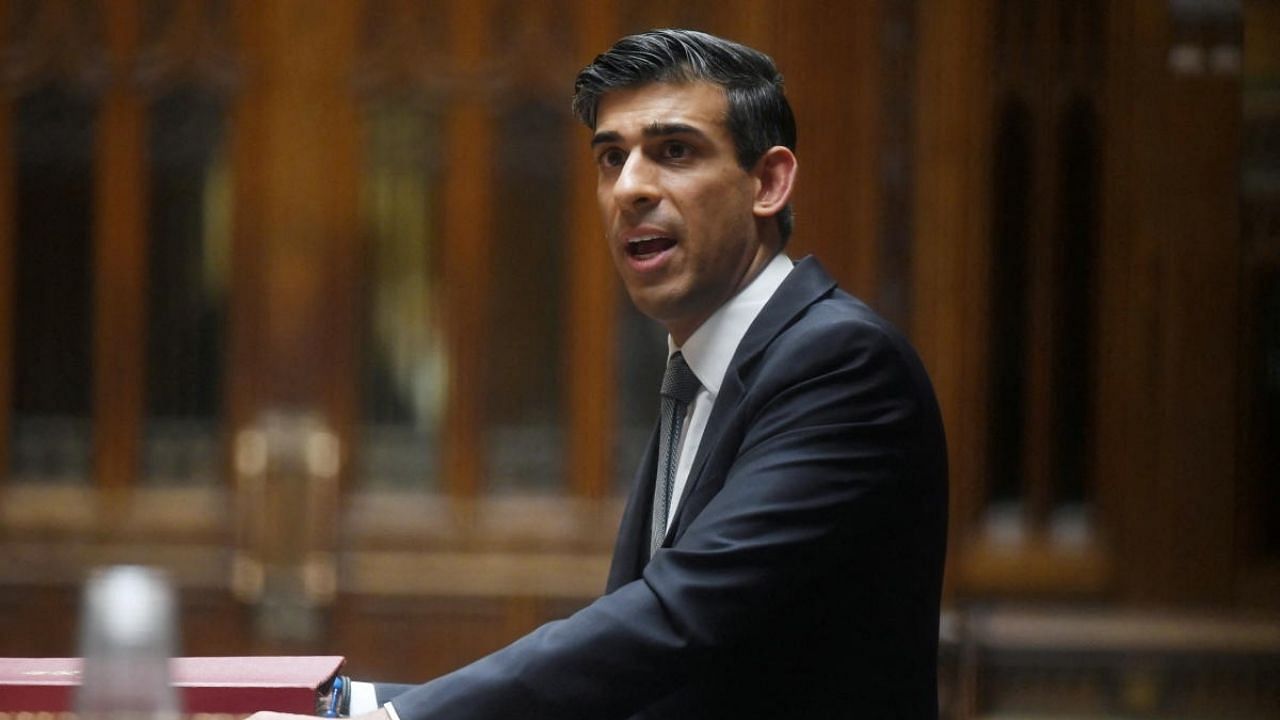
British finance minister Rishi Sunak faced broad criticism on Thursday for not going far enough to support households through the biggest drop in living standards since the 1950s when he set out his priorities in a half-yearly budget update.
The Resolution Foundation think-tank said absolute poverty was expected to rise by 1.3 million people next year, including half a million children, as inflation continues to outpace incomes on the back of surging energy prices.
The think tank said only one in eight workers will see their tax bills fall over the next two years, despite Wednesday's announcement of cuts to fuel duty and taxes on wages including an income tax cut in 2024, which is due to be an election year.
"Rishi Sunak has prioritised rebuilding his tax-cutting credentials over supporting the low-to-middle income households who will be hardest hit from the surging cost of living," Resolution Foundation Chief Executive Torsten Bell said.
Newspapers rounded on Sunak for not doing enough to support people on the lowest incomes. The Daily Express, read by many pensioners, ran a headline: "The Forgotten Millions Say: What About Us?"
Sunak had told parliament that his Spring Statement represented the biggest net cut to personal taxes in over 25 years.
But the government's budget watchdog said he was undoing only one-sixth of the tax rises he had previously announced as he tries to fund higher spending on services such as health and social care after the Covid-19 pandemic.
In media interviews on Thursday, Sunak defended his plans, offering scenarios showing how many workers stood to be better off. He also said he could not completely offset the jump in inflation which has been aggravated by the conflict in Ukraine.
But the Institute for Fiscal Studies, another think tank, said the combination of increased social security rates starting next month - which were only partially softened by a higher threshold for making contributions - and a lower income tax rate would make the tax system less equitable and less efficient.
"It will increase the wedge between higher taxes on earnings and lower taxes on pensions and unearned incomes," IFS director Paul Johnson said.
Check out the latest videos from DH: